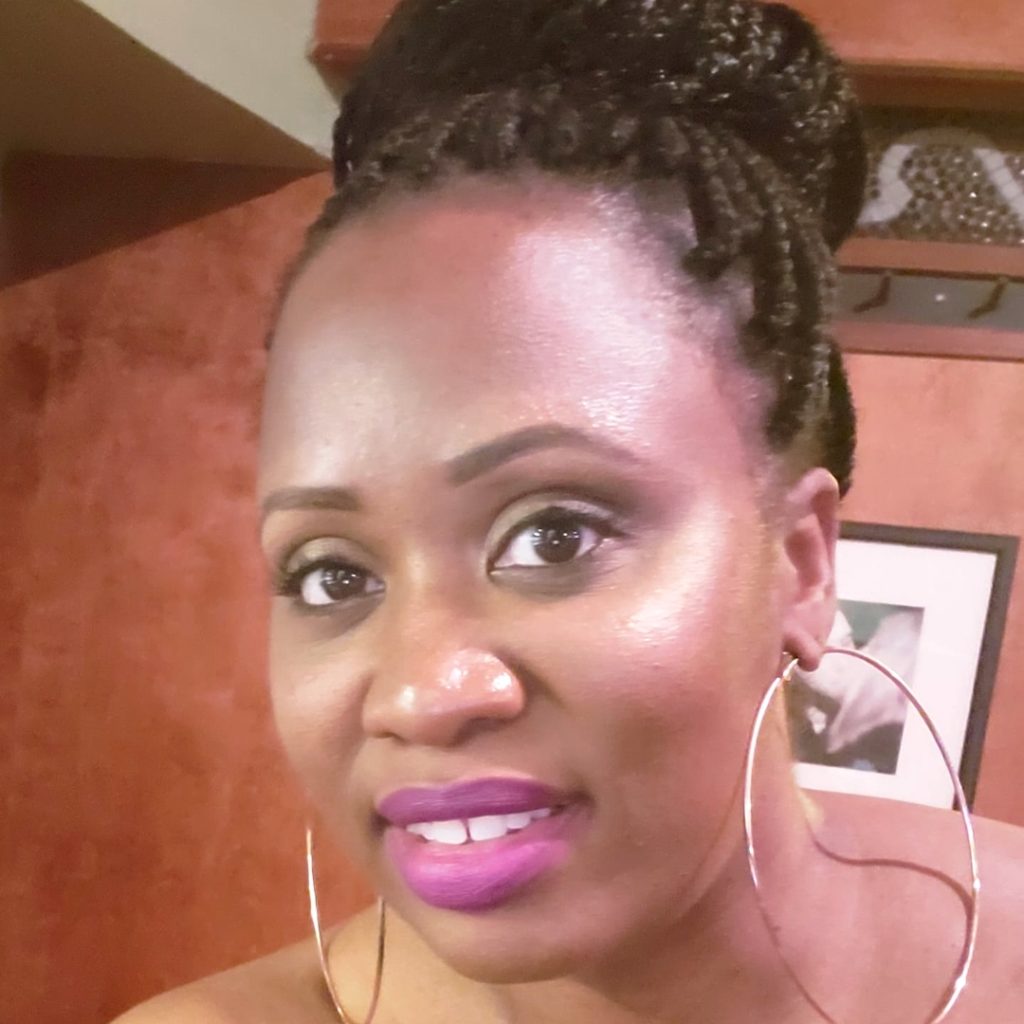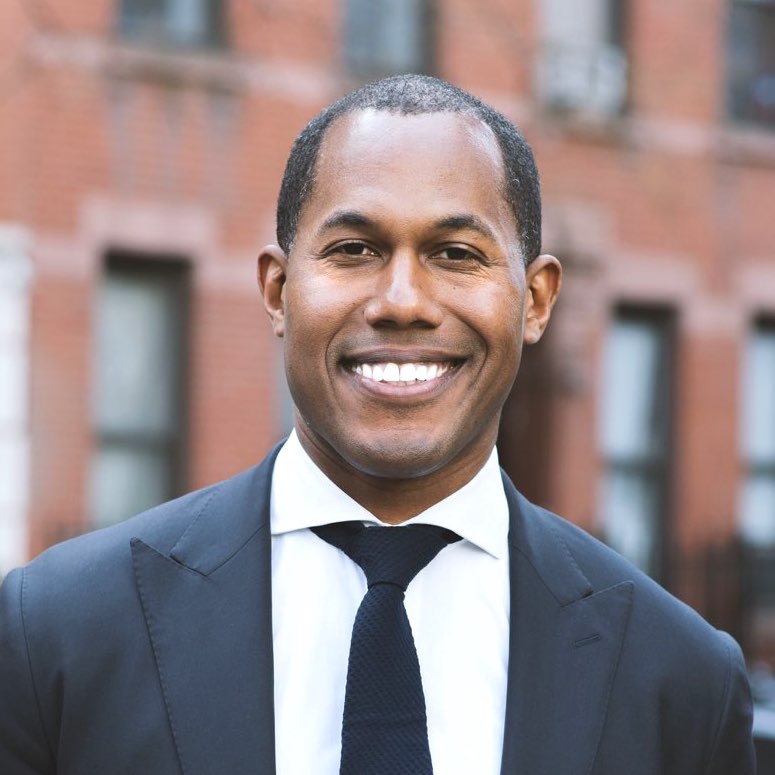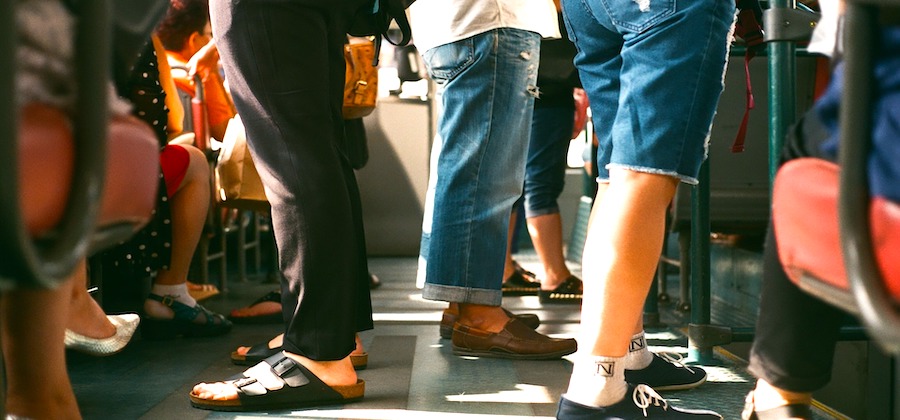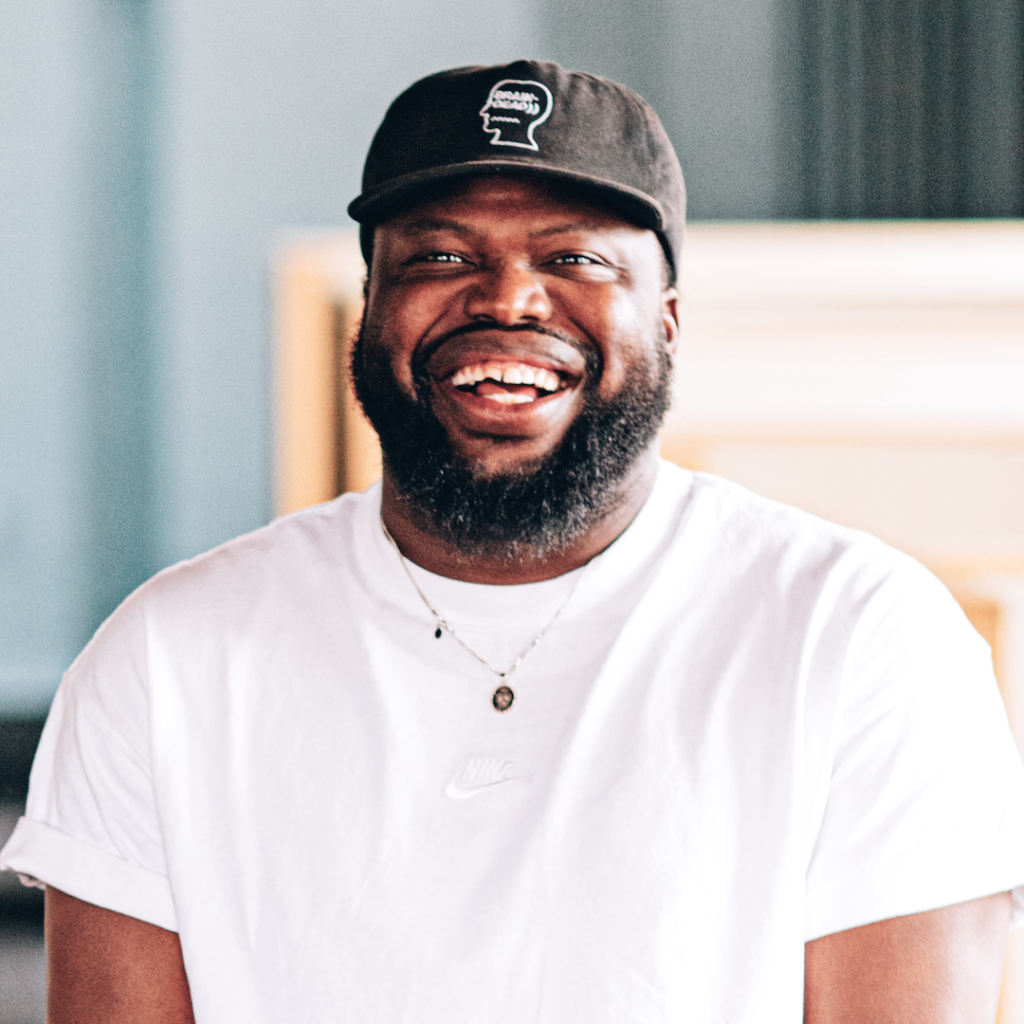
“What do you think of as your superpower?” asks Devin. “My superpower is when someone says “no” to me, that just makes me go harder” says Eve. “Seriously, I have incredible stick-to-it-iveness. My superpower is endurance.”
Listen to the podcast for more about Eve and her superpowers!
Logo from Superpowers for Good




